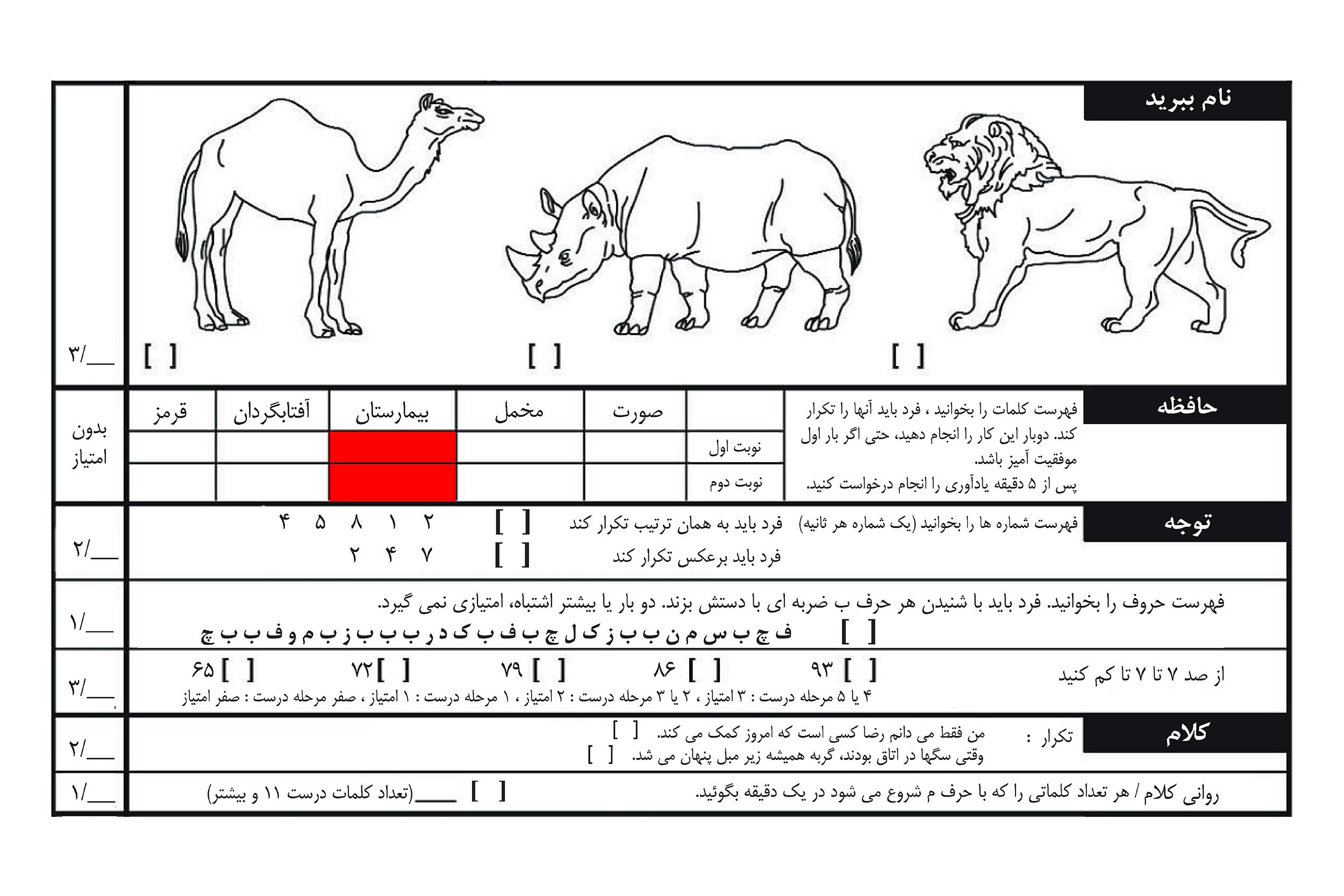Session 35: Rouzbeh Shadpey
Bimarestan (Continent of the Sick)
On February 22, 2024 at 7 pm
It is but a minor detail. Of this he is certain. To write up its case would be pure fabulation—the apophenic desire of a weary sleuth or naive diagnostician. And yet, try as he may, he could not forget the memory of having forgotten: the word, its absence, had forever been etched into his symbolic canvas (what his doctors dispassionately referred to as cognition). Bimarestan. The word echoed hollow. He repeated it slowly, savoring the breath of its vowels, prolonging the seduction of its sibilant. Bimarestan. Continent of the sick, to which he now belonged.
MoCA—which stands for Montreal Cognitive Assessment—is a screening and diagnostic test tasked with the evaluation of memory. Considered the gold standard for the medical diagnosis of dementia internationally, it has been translated into over 40 languages. For reasons of scientific reproducibility, creative license is strictly discouraged during its translation. In its Farsi edition, the MoCA's translation remains faithful to the original English—with a single exception. Among the five predetermined words that a patient is entrusted with remembering at the beginning of the test and repeating at its end—the words being: face, velvet, church, daisy, red—one has been creatively substituted. In its Farsi edition, the MoCA does not contain the word “church,” but the Farsi word for “hospital:” bimarestan.
For Session 35, Rouzbeh Shadpey will present a performative case study of the bimarestan’s apparition within the Iranian medical memory test, posing the question: how did the space of illness, by way of mistranslation, come to eclipse that of worship in the collective memory of Iranian forgetting? From this paranoid pursuit of a minor detail springs forth a tender reflection on the topological intimacies between memory, illness, and space.
Rouzbeh Shadpey is an artist, writer, and musician with a doctorate in medicine and indefatigable fatigue. He has exhibited and performed at TULCA (Ireland), documenta fifteen (Germany), The Mosaic Rooms (UK), Centre CLARK, MUTEK (Montréal), and more. His writing has been published in a variety of artistic and para-academic journals. His musical practice, under the name GOLPESAR / گلپسر, combines Iranian sonics, electric guitar, and avant-garde electronics. He lives between Tiohtià:ke / Montréal and Berlin.
Exhibition
Rouzbeh Shadpey
Forgetting Is the Sun
From February 8 to March 30, 2024
Dazibao thanks the artist for his generous collaboration as well as its advisory committee for their support.
Dazibao receives financial support from the Conseil des arts et des lettres du Québec, the Canada Council for the Arts, the Conseil des arts de Montréal, the ministère de la Culture et des Communications and the Ville de Montréal.
Dazibao acknowledges that it is located on the unceded territory of the Kanien'kehá: ka Nation and that Tiohtiá:ke / Montreal is historically known as a gathering place for many First Nations, and today, is home to a diverse population of Indigenous as well as other peoples. Guided by ethics of respect, listening, and awareness, Dazibao commits to a continued reflection regarding the deep-rooted and systemic challenges tied to accessibility and inclusivity in the arts and beyond, and endeavors to apply such reflections to all aspects of its activities and governance.


